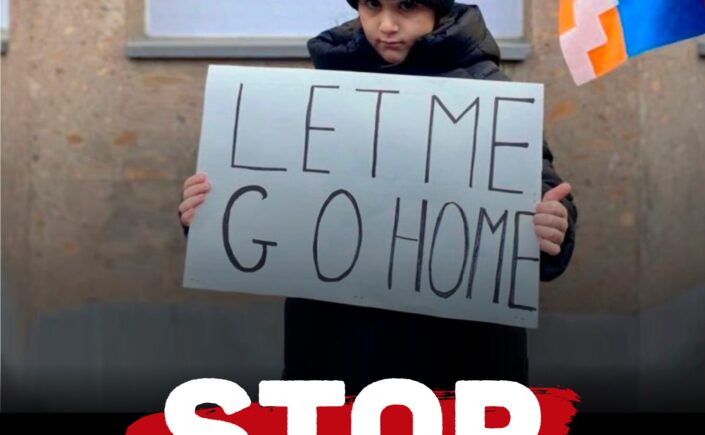We are living in unusual circumstances these days. The world is facing an unexpected global crisis. COVID-19 has had a huge impact on all of our lives: young and old, rich and poor. The coronavirus not only affects our health, but it has also impacted us economically and socially.
Although this virus has spread as a pandemic all over the world, all regions and people are not affected in the same way. Evidently the spread could not be prevented in the Black Sea Region.
Countries with a strong social safety net, welfare states, and a well organised healthcare system are protecting their citizens in a much more proactive way while people living in countries with poor healthcare systems and social services are almost left alone.
However, we have observed transnational examples of cooperation during the pandemic. The Georgian government and citizens of Georgia provided humanitarian aid and offered to help with technical equipment and personnel. Joint efforts in general should be strengthened to overcome the pandemic. International organizations and funds play a key role in the recovery processes.
We see that young people in the Black Sea region are facing hard times during this crisis. Having temporary contracts, working in the HORECA system, etc. makes it economically impossible to overcome the difficulties this virus has caused.
States should be ready for a possible second wave of the virus and protect its citizens properly. The healthcare system, educational system and economy should be prepared and make sure that vulnerable groups are taken into account and protected during uncertain times, especially young people, minority groups, people with disabilities.
Healthcare system: Proper salaries, trainings and equipment for medical staff; intensive unit beds and places for quarantine; border control and effective testing is needed.
Education: Right to education should be ensured by readiness of online platforms (e.g. “TV Schools”), universities and professional colleges can use the same methods; training for teachers and professionals to ensure online schooling, internet data and IT-equipment provided to students and pupils, education program for students with special needs.
Economy: Stimulation of the economy and employment; working-from-home plans; subsidy national companies; distributing post-crisis plans, social protection provided to all employees (especially young workers), special subsidies and governmental programs should be provided to seasonal workers and people in the tourism sector,
Unfortunately, we see different powers, leaders and parties that take advantage of the crisis and misuse this unusual situation for their own political interests, by violating human rights, attacking neighbouring countries, threatening with war, discriminating against vulnerable groups and minorities, and promoting neoliberal policies.
Country Cases
Georgia and Ukraine: We are deeply concerned about ongoing violations of international law in Ukraine and Georgia. Despite the virus, the situation in Donbas remains dangerous as casualties and deaths are reported. Creeping occupation and kidnappings are being continued in conflict regions of Abkhazia and South Ossetia.
Belarus: We note that Belarus is suffering not only from the epidemic, but also from dictatorship. And we protest against aggressive, disproportionate and undemocratic methods used by the Belarusian authorities.
We call on Belarusian authorities to release immediately detained participants of peaceful assemblies detained on politically motivated grounds; and to ensure holding of fair and democratic elections according to international standards.
Armenia and Azerbaijan: On the first of July, the United Nations Security Council unanimously adopted a COVID-19 related resolution demanding an immediate cessation of all conflicts around the world and a durable global ceasefire for at least 90 consecutive days. Despite UN’s call demanding a 90-day “humanitarian pause” in conflicts worldwide to allow states to tackle the COVID-19 pandemic, Azerbaijan continues to practice political and military aggression towards the people of Artsakh, by organising war games and military trainings on the frontline against Artsakh and Armenia.
Conclusion
We, as social democratic youth organisations from the Black Sea region reaffirm that the crisis has once again proven that without a leading role of the state in economic, health and social services and without unity and solidarity it is impossible to attack the challenges and overcome the difficulties of the COVID-19 crisis.
Based on this, we call upon the states to ensure health safety and social protection to the citizens affected by the virus and crisis and elaborate specific educational and economic programs in order to guarantee employment of citizens.
Therefore, IUSY calls upon the international community to show solidarity and unity, especially to vulnerable groups and regions.
IUSY calls upon the countries in the Black Sea region to follow the resolution unanimously adopted by the UN Security Council for an immediate cessation of all conflicts around the world and a durable global ceasefire for at least 90 consecutive days.

